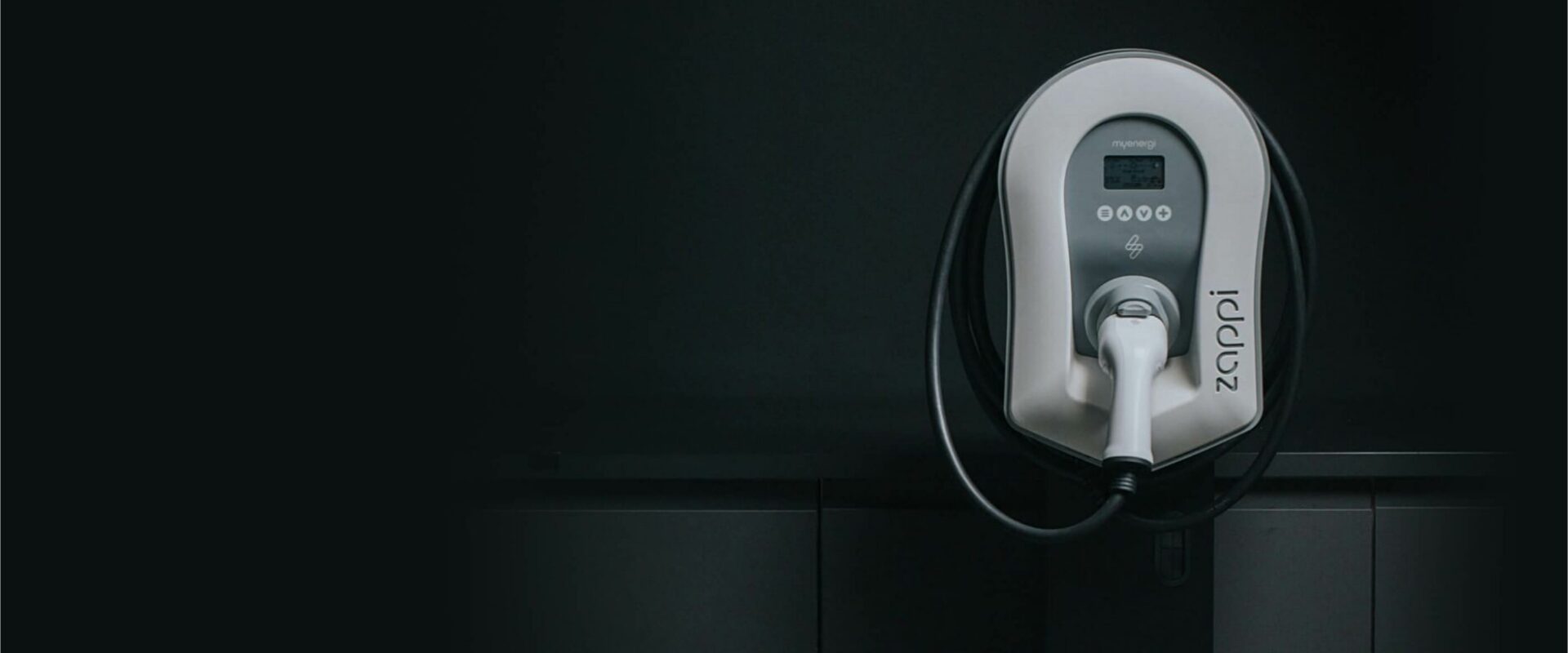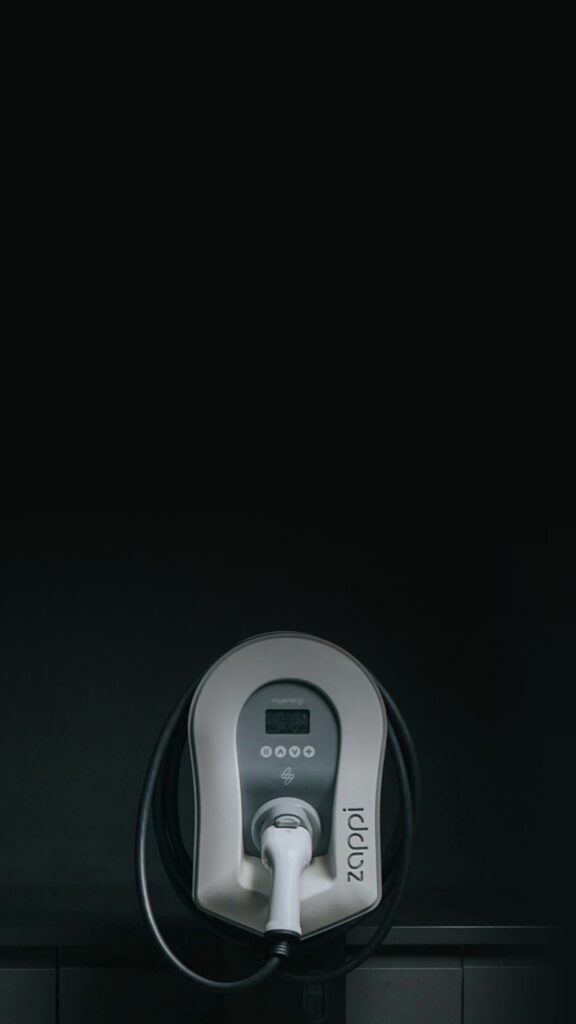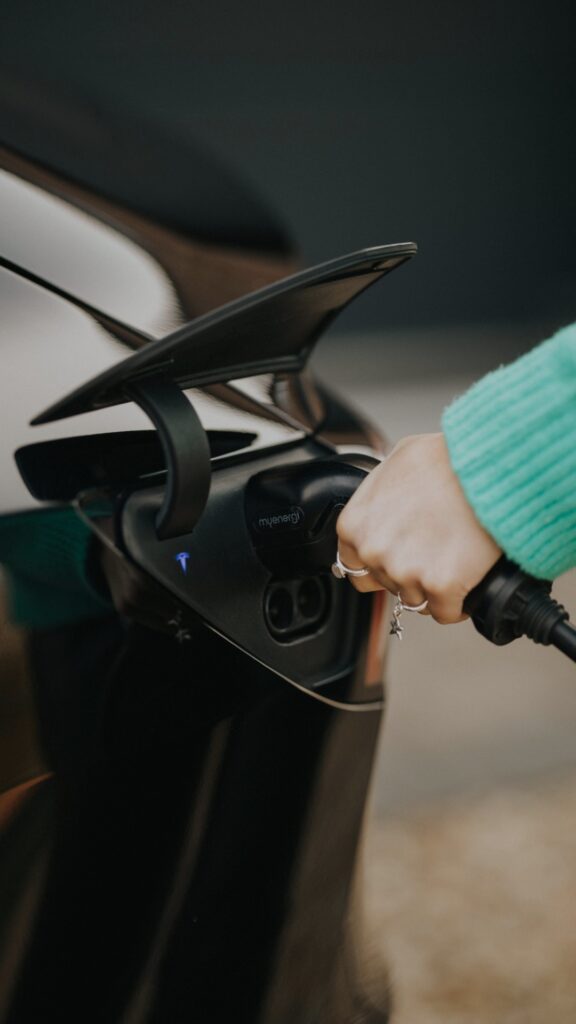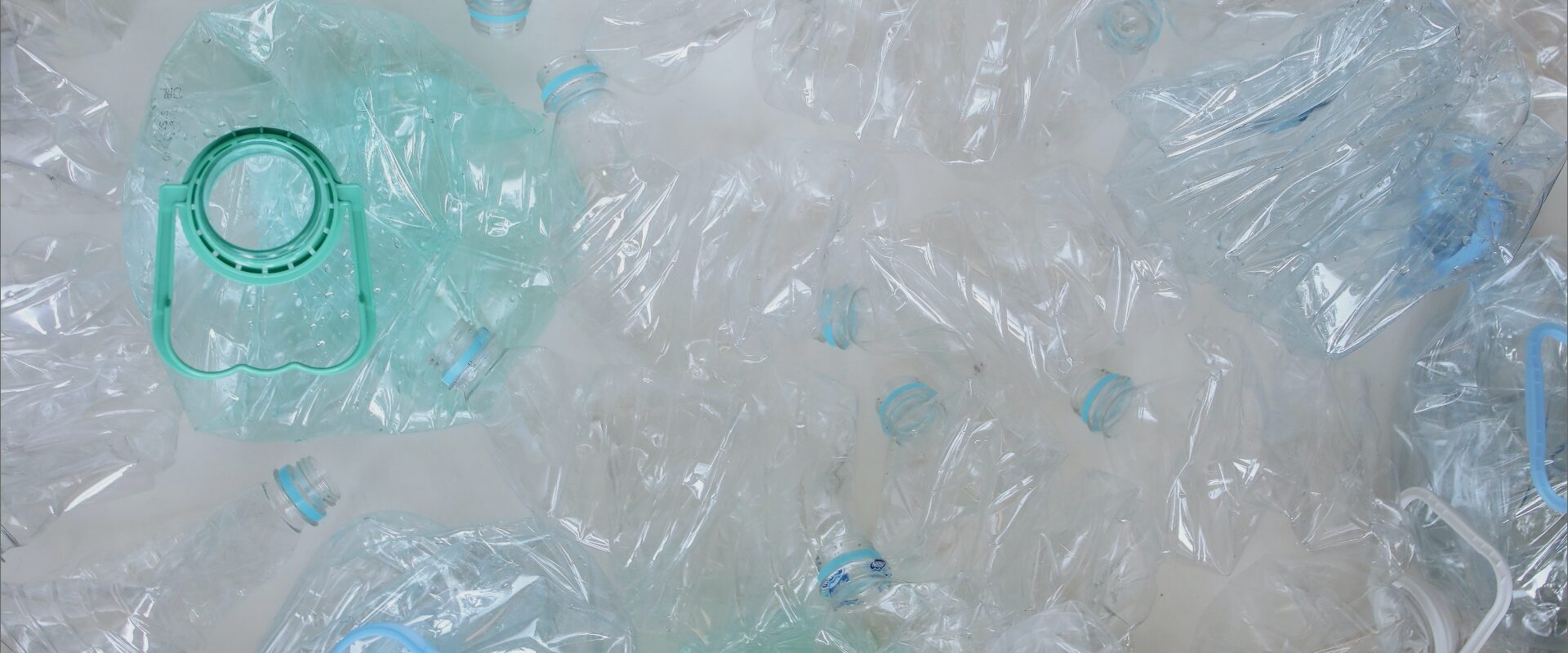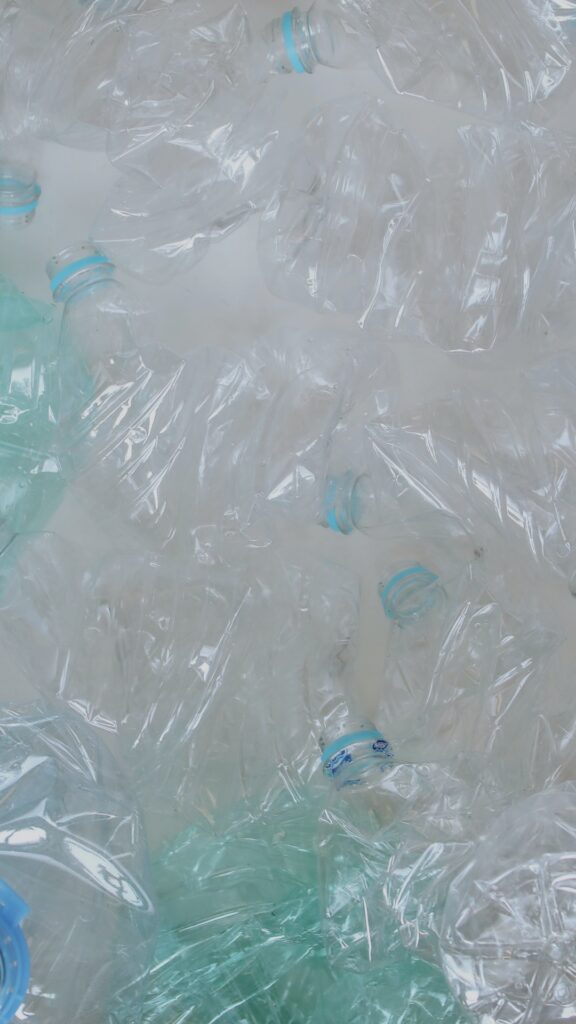What is Environmental Sustainability? A Guide To Sustainable Living
True sustainability is when something meets our needs, without compromising our future. Sustainable practices, materials, and energy do not place strain on what they require to function, meaning that society can rely upon them in the long term future
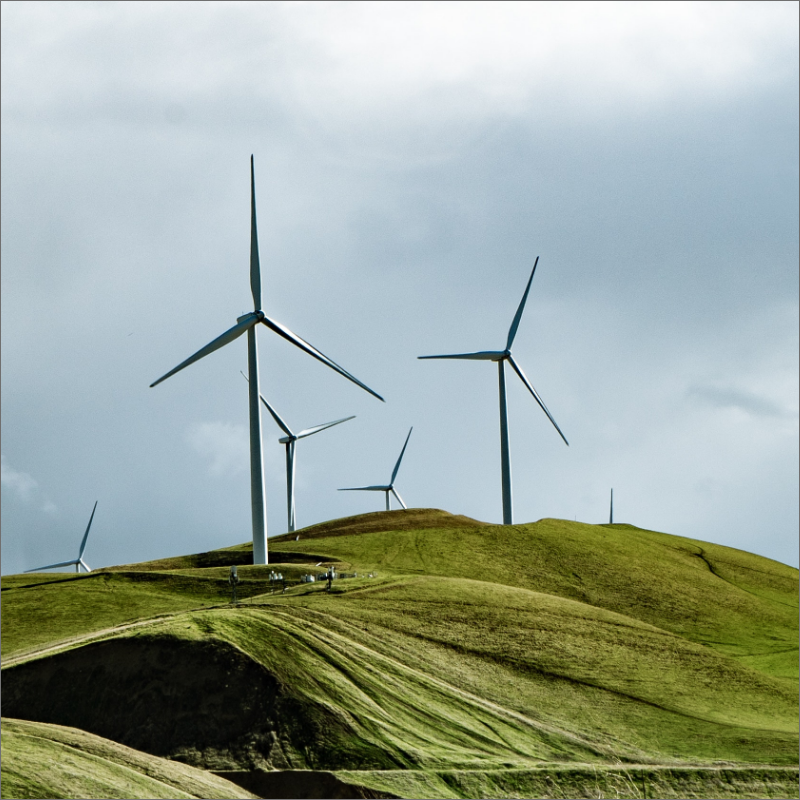
What are the three pillars of sustainability
Researchers and academics tend to break down sustainability into three categories:
- Economic viability
- Social equity
- Environmental protection.
By working out where sustainability needs to happen, we can protect the most vulnerable people, creatures, places, and resources in our world.
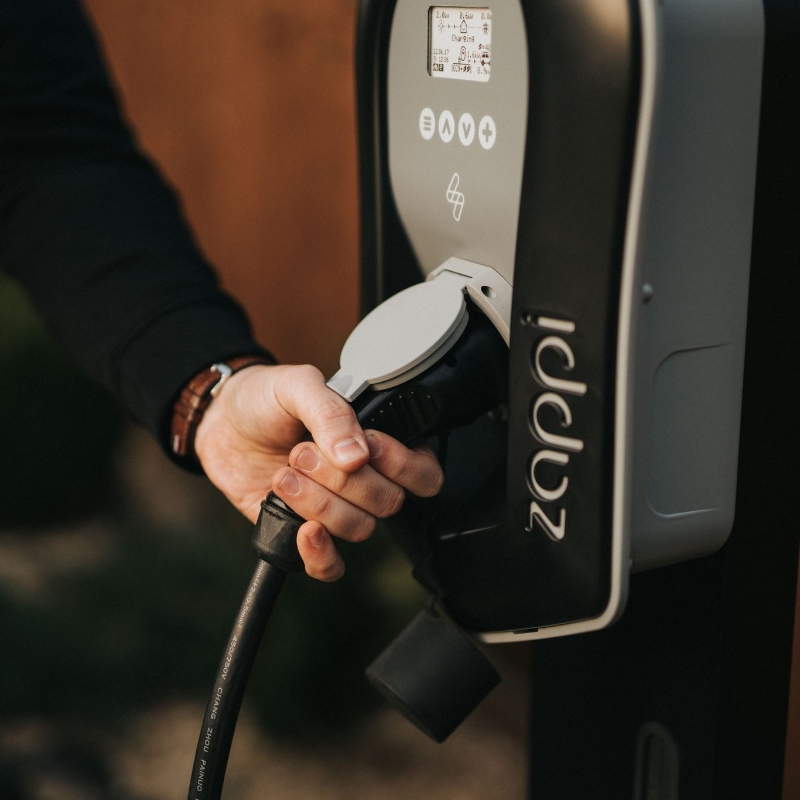
Environmental sustainability is what we strive towards at myenergi. It’s the process of protecting our environment and our resources long-term and preventing any depletion and damage to the world we love.
Environmental sustainability is threatened by the burning of fossil fuels, global heating, plastic pollution in our oceans, deforestation and so much more.
This is why sustainability and renewability go hand in hand to help combat the climate crisis. Renewability covers anything that is inexhaustible and replaceable by new growth – in other words, anything that can be sustained for long periods of time.
With sustainable technologies like renewable energy, electric transportation, and biodegradable packaging steadily becoming more accessible, we can all harness the power of sustainability in our lives to fight for our planet and collective futures.
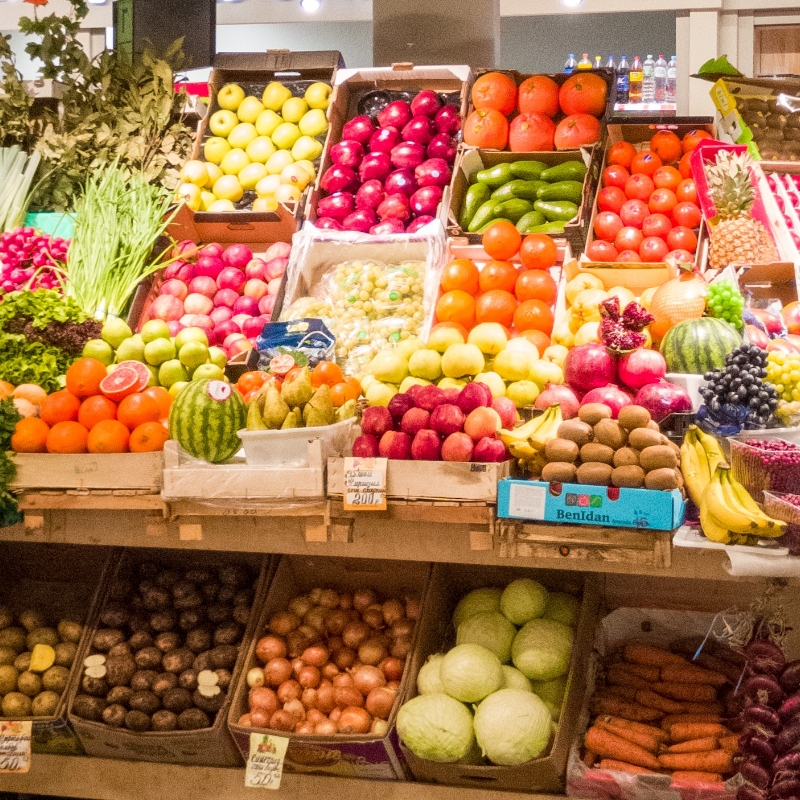
All products go through a life cycle – beginning with production and ending with disposal. Sustainable materials take each of these steps into account to ensure that there are no negative environmental consequences of the products we use.
Materials like wood, bamboo and other plant-based materials (including plant fibres, like paper) are sustainable because they grow and decay naturally.
Metals such as aluminum and copper recycle indefinitely, also giving them a sustainable life cycle. By utilising these sustainable materials, we can ensure that less of what we create and use ends up in landfills for hundreds of years.
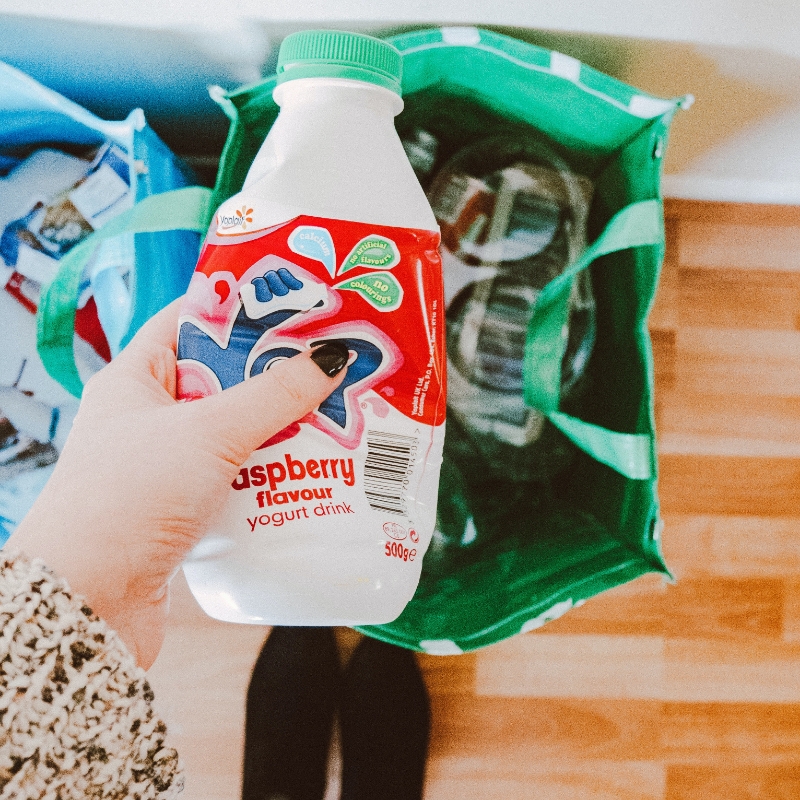
The BBC television series ‘The War On Plastic’ shockingly revealed that every minute of every day, a truckload of plastic is finding its way into the oceans.
Litter kills wildlife and pollutes our seas, beaches and landscapes. There are on average 19,500,000,000 pieces of plastic inside UK homes.
An estimated 50% of the total plastic made is only used once before being discarded into our environment – where it remains for 400 years before biodegrading down into harmful chemicals and smaller fragments that are ingested by animals.
At present, only 9% of the world’s plastic is recycled. Single-use plastics such as shopping bags, straws and food packaging are the biggest unnecessary polluters, as they have no renewability.
This is why reducing your plastic usage where possible is so incredibly important.
We can all reduce our harmful consumption of energy, electricity and plastics by making small but powerful changes.
Save on energy consumption by switching to LED bulbs, and always turning lights and unused appliances off. Other significant changes you can make to help the environment include avoiding products that have unnecessary plastic packaging and cutting out single use plastics.
If we also cut down how much meat we consume, and eat locally and seasonably where possible, we can massively lessen our carbon footprints.
Turn good intentions into good habits by buying pre-owned items where possible, as well as buying less overall.
From vintage clothing to secondhand books, appliances and more – we can save the money we would spend on new items, whilst also stopping the unnecessary creation of waste by throwing away things we don’t use.
By donating unused items to charity shops or selling them online, we can also spare our old stuff heading to landfills – so others can benefit from our sustainable decisions!
Recycling is one of the most fundamental ways we can put an end to polluting our environment. By using items that come in wholly recyclable packaging, we can minimize household waste and pollution.
Choose to live more sustainably by paying attention to symbols on the packaging and recycling correctly.

Clean Energy
Between January and May 2019, Britain generated more power from clean energy than from fossil fuels for the first time since the Industrial Revolution.
With electricity from renewable resources making up an ever-increasing amount of our national grid, there’s never been a better time to change your tariff to a green energy supplier.
To become even more sustainable, you could consider self-consuming your own renewable energy with the help of our green products.
We’ve also put together a list of all the green UK energy providers that you can easily make the transition to!
Understanding what is environmental sustainability is the first step to changing to a sustainable mindset. In 2012, the Sustainable Development Group of the United Nations (SDG) came up with a list of 17 sustainable goals for the future. These objectives outlined the global responsibilities we should all be taking to help the environment.
The SDG acknowledged that nature and the environment have their own rights – and that we as people only have stewardship of the world.
By reminding ourselves that the planet is home to millions of living beings other than ourselves, we’re encouraged to take more responsibility for our actions.
The SDG states that “Sustainable consumption and production is about promoting resource and energy efficiency, sustainable infrastructure, and providing access to basic services, green and decent jobs and a better quality of life for all.”
It’s so important to put people at the front of solving climate change. Through managing our environment and how much we consume, we can begin to build a more sustainable future for us all.
No one knows what the long term future is going to look like for our planet. However, with new technologies emerging every day that eradicate the need for fossil fuels, single-use plastics, and pollutants – we are now beginning to prepare for a more sustainable world.
Over the last 70 years, we have placed incredible strain on our planet’s resources: through intensive farming, the technological revolution, our huge demand for electricity, and more. As we begin to wake up to the harsh realities of climate change, it has become vital that we develop new technologies to cope with our energy demands.
Here at myenergi, we continue every day to design, engineer and create renewable energy technology that is accessible to everyone. We also recognise how pivotal it is to educate people on renewability and sustainability.
By taking responsibility for our impact on the planet, we can pave the way for renewable energy to become generated and used in every home – reducing our carbon footprints and making a sustainable future for all.

The coronavirus pandemic, despite its many tragic consequences and difficult challenges, has enforced a more sustainable and resourceful way of living our lives.
Many of us are now only making journeys for essential supplies, as these exceptional circumstances reduce unnecessary car journeys and commuting across the nation.
With supermarket shelves empty and each of us spending much more time at home, we’ve become far more aware of the food, products and electricity we may have been consuming unnecessarily before the lockdown.
The drastic lifestyle changes and exceptional circumstances of coronavirus have affected wildlife and the environment, causing many of us to reflect on what is truly essential to us.
However, there is hope for a more sustainable future. A coronavirus survey conducted by edie showed that working from home has, and could more often in the future, become the new normal – as 79% of all people surveyed said they could seamlessly work from home.
We hope that this incredible mentality of living more sustainably and compassionately creates a ‘new normal’ once we get through this, and are allowed to live our lives as usual again.
Contact our team
Get in touch with us today if you have a question about any of our products.-
+353 12 003003
ireland.admin@myenergi.com
1a Maple Drive, Bundoran Donegal Ireland

 libbi
libbi